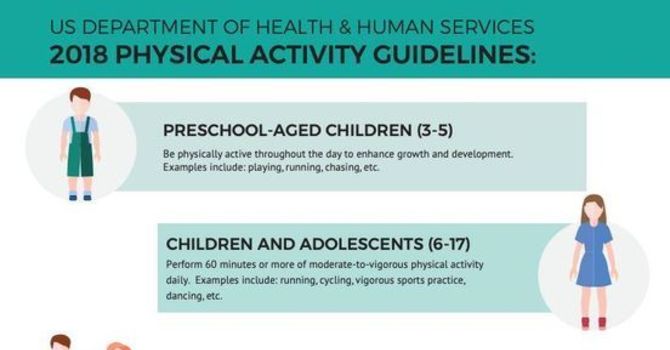
Ah, Minnesota in the springtime! The sunshine calls to us, and we don running shoes or hiking boots, bring out the bicycles and the frisbees, and generally start to spend more time out of doors.
Unfortunately, all that extra time on our feet can result in a nasty little surprise...
Have you ever felt a sharp stabbing pain near the bottom of your heel when you first get out of bed in the morning? If you answer “yes”, you are likely suffering from plantar fasciitis.
Plantar fasciitis is a condition resulting from chronic tension and inflammation of the strong fibrous band of tissue on the bottom of your foot called the plantar fascia. This connective tissue, which runs from the base of your toes to the bottom of your heel, supports the arch of your foot when you perform any weight-bearing activity.
When chronically stressed, the plantar fascia can become irritated and inflamed, resulting in increased tension at the base of the heel. Over time, this tension usually leads to focused pain or discomfort, most notably when first stepping out of bed in the morning.
Common causes of plantar fasciitis include:
A recent increase in physical activity, such as starting a walking or running program
A recent weight gain or carrying excess weight
High arches or flat feet
Improper footwear or a recent change in footwear
Musculoskeletal imbalances or physical injury
Treatment Strategies:
Rest
As a yoga practitioner, this strategy may be difficult to hear, but rest is crucial! This goes for any avid exerciser or if you stand or walk a great deal for work. Decrease the time and distance you walk, run, or bike. Change from higher-impact activities like running to lower-impact activities such as walking, swimming, or bicycling.
If you stand or walk a lot for work, do your best to change positions during breaks or modify your workflow and workstation ergonomics. For example, get a standing cushion or step stool to support your body while working.
Gently stretch your Achilles tendon and plantar fascia regularly.
This is accomplished wonderfully through gentle yoga poses that stretch your foot and calf, such as downward-facing dog, runner’s lunge, and toes-tucked child’s pose asanas. Too much stretching, however, can worsen the condition, so be sure to talk with your instructor if you have or think you may have plantar fasciitis. Gentle calf stretches or heel stretches can help relieve tension in the fascia. Start slowly and do these poses or stretches two-to-three times per week, holding 30 to 60 seconds, repeating one-to-two times.
Follow these stretching sessions with ice.
Ice can help decrease pain and inflammation in your plantar fascia and heel. After physical activity or stretching exercises, wrap an ice pack tightly around the bottom of your foot for 20 minutes. You also can freeze a water bottle, and, while seated, gently roll your affected foot from heel to toe on the frozen bottle for 20 minutes. Or, my favorite, fill a bucket or bathtub with cold water, add as much ice as you like, and place your foot in it for 10-20 minutes.
Make sure you have good footwear.
Go to a specialty orthopedic shoe store or running store and get evaluated by a Certified Pedorthist or salesperson trained in foot and gait (walking or running) analysis. These foot and shoe professionals can fit you with appropriate shoes and inserts for the structure of your foot and the functionality you need.
See a doctor.
If your pain is severe or has been present for more than a couple of months, it may be helpful to seek care from a physician. Orthopedic providers and podiatrists will perform an exam and may prescribe orthotics and a referral to physical therapy for a rehabilitation program. These physicians may also prescribe NSAIDs (non-steroidal anti-inflammatory drugs) such as ibuprofen or naproxen for inflammation or pain relief. Some persistent cases may require steroid injections or surgery.
See a chiropractor or physical therapist.
These professionals will evaluate and treat your plantar fasciitis or any other musculoskeletal problem and create a treatment plan that may include soft-tissue massage, joint mobilization (adjustments or manipulations), therapeutic stretches, and rehabilitative exercises.
If you have any questions about plantar fasciitis or any other musculoskeletal condition, contact Dr. Greg Freitag via email at drgreg@freitagfamilychiropractic.com, or schedule an appointment at the Green Lotus Lakeville center at 952-373-0055 or Mendota Heights at 651-319-9525.




